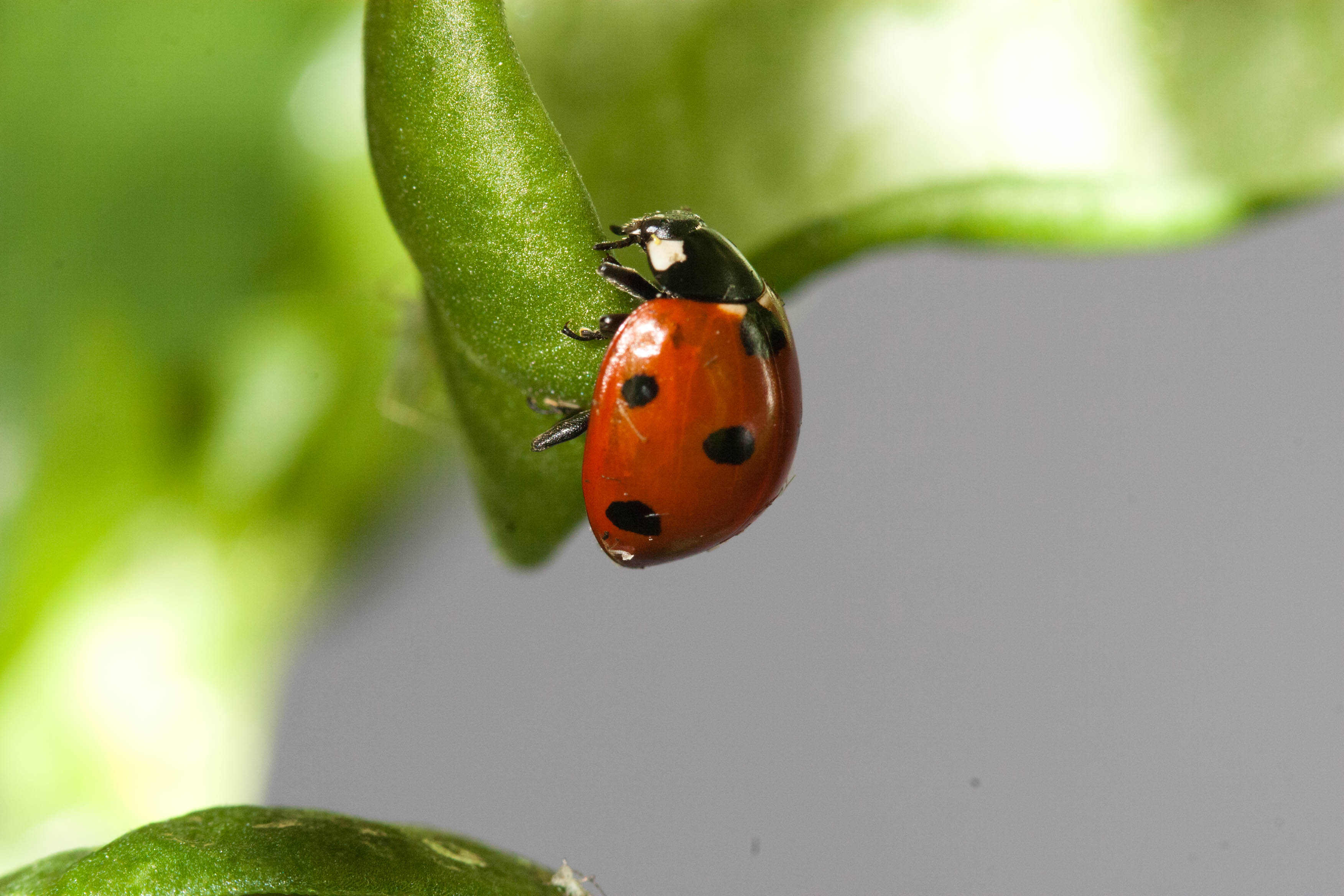UK researcher receives grant to study biological control’s effectiveness
UK researcher receives grant to study biological control’s effectiveness

For many decades, non-native, predatory insects have been released in the United States to decrease or eliminate the impacts of exotic insect pests in crops and gardens. Due to their high population densities and widespread distributions in the United States, some of these predators are now considered invasive species.
A University of Kentucky College of Agriculture scientist is beginning a study to examine the environmental and economic costs of introducing non-native, predatory insects into sustainable agricultural systems with the ultimate goal of making biological control more effective and economical.
The National Science Foundation named Yukie Kajita, research scientist in UK’s Department of Entomology, as a Fellow in their Science, Engineering and Education for Sustainability program. The research award provides her with more than $424,500 for the three-year study. Kajita is the only UK researcher to receive this award, and she is one of 20 individuals in the U.S. to be recognized as a Fellow in 2012.
“Despite a long history, classical biological control has not developed as a predictive science, frequently resulting in unexpected ecological and economic costs,” she said.
Kajita’s study specifically focuses on Coccinella septempunctata, more commonly known as the seven-spotted lady beetle. Since the 1950’s, the beetle, native to Europe and Asia, has been released periodically in the United States to control aphids. This beetle is now in all 50 states and considered an invasive species. There are several reports that the densities of native predatory lady beetles have declined and been displaced in North America by the seven-spotted lady beetles.
Since the seven-spotted lady beetles are from several foreign countries, she will work with UK biologist David Weisrock and biology post-doctoral scholar Eric O’Neill to use genetic markers to identify the origin of the beetles that continue to thrive and some of the factors that help them easily adapt to their new environment.
She is partnering with UK agricultural economist Roger Brown to develop a cost-benefit analysis to determine the economic and environmental costs of releasing the seven-spotted lady beetles and to compare these costs to the benefits of reducing the use of insecticides.
Kajita will use the results of the research to develop a course for UK graduate students. Additionally, in cooperation with Carol Hanley, director of UK’s Environmental and Natural Resource Issues Task Force, she will develop curriculum and teach middle school students at Lexington’s Carter G. Woodson Academy how to conduct hands-on research on this topic.
John Obrycki, chair of the UK Department of Entomology, is Kajita’s mentor for the project.
Agricultural Economics Entomology Extension Research


